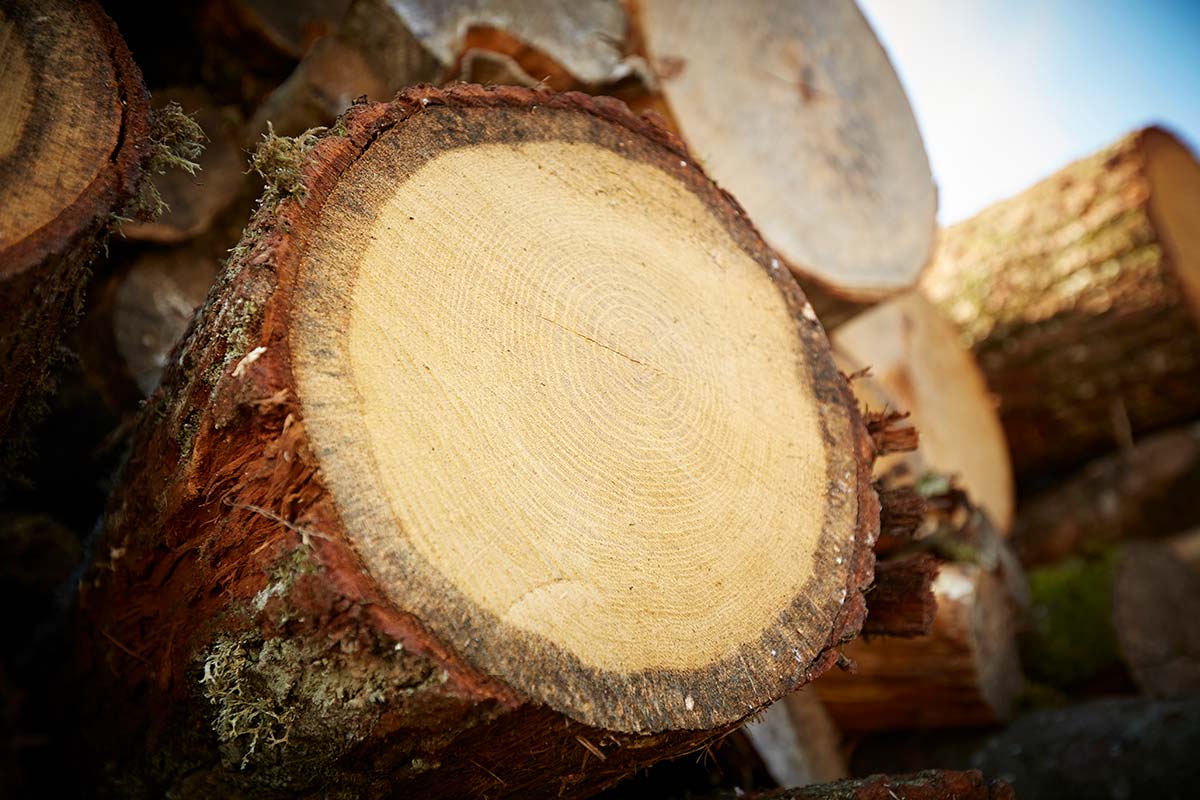For our forests to flourish
“The forest is a frame of mind”, once wrote a famous French philosopher. The very word forest has etymological roots that provide food for thought. Its origins lie in the Low Latin foras, which meant “at the doorstep”, “outside”. A clear hint that there were times when, in many parts of Europe, one only had to walk out of the house to be in the woods.
More prosaically, forests cover a little more than a third of the planet’s habitable land, and over half of them are found in only five countries: Russia, Brazil, Canada, the United States and the People’s Republic of China. In metropolitan France, forests occupy about 31% of the territory and provide a habitat for 136 different tree species. The number may seem surprising, but the total surface area of French forests has doubled in the last 150 years.
On the whole, however, forests have been shrinking and degrading over the last few milleniums, a fact all the more disturbing given that forests are essential to the planet’s ecosystems. The chief reason for this decline is relatively simple: humanity has always considered forests less “profitable” than farmlands and pastures, and has therefore largely sacrificed them to the latter.
Forests cover a little more than a third of the planet’s habitable land, but have been shrinking and degrading over the last few milleniums.

At a watershed moment
Fortunately, perceptions and attitudes are changing. We now know that forests, besides absorbing CO2, provide habitat for millions of animal and plant species, as well as a livelihood for over a billion people. Wood itself, a material that has always been part of our daily lives, is still widely used to build more sustainable homes and objects.
However, the erroneous idea that cutting down trees is equivalent to destroying forests has become fixed in many minds in recent years. And the opposite idea, alleging that forests are inexhaustible and can be exploited without limits, is also very much mistaken.
It is therefore essential to find the right balance in the complex relationship we have with our forests, and to manage these in such a way as to ensure their preservation and regeneration while reconciling economic, societal and environmental issues.

Forests, besides absorbing CO2, provide habitat for millions of animal and plant species, as well as a livelihood for over a billion people.
A winning model
Economically, industries will always need to use wood. But it is now important, and indeed vital, to manage the forest so that it can healthily grow, regenerate, adapt to new climatic conditions, and have its resources used only for strategic applications, that is when there is no other alternative than wood.
The SOLER Group is convinced that the wise management of wood resources can and must be part of a value chain that respects the life cycle of forests and favours the emergence of a virtuous circular economy – an economy whose models are increasingly proving profitable.
Such an approach, as we can see, will make us win on all fronts, since sound forest management has also demonstrated its other advantages: protection of biodiversity, reduction of wildfire risks, effective fight against global warming, reforestation of the planet, support for industrial decarbonization, social cohesion through employment, and better-balanced exchanges between the biosphere and the technosphere.
It is important, and indeed vital, to manage the forest so that it can healthily grow, regenerate, adapt to new climatic conditions.

Local commitment
In France, for instance, logging has been carefully planned 20 years ahead by the National Forests Office. Forest maintenance, site restoration, soil protection, wood renewal through natural regeneration or planting, tree cutting, environmental preservation… The SOLER Group fully subscribes to these responsible management efforts. By way of example, in order to produce our biocarbon, we use wood obtained from the thinning of trees (ignored by traditional industries). We also champion short, thus ecological, supply chains, as the wood residues around our plants are largely sufficient. Our products are all authenticated, with regard to their transparency, by a number of national certifications, and we are proud to be members of the Earthworm Foundation and the WWF “Entreprendre pour la Planète” Club.
It is often said that forests are the “lungs of the planet”. Second only to the oceans as natural carbon sinks, they are clearly vital to us all. The global climate being on red alert, we now have no choice but to put the well-being of our forests on the list of our top priorities.







